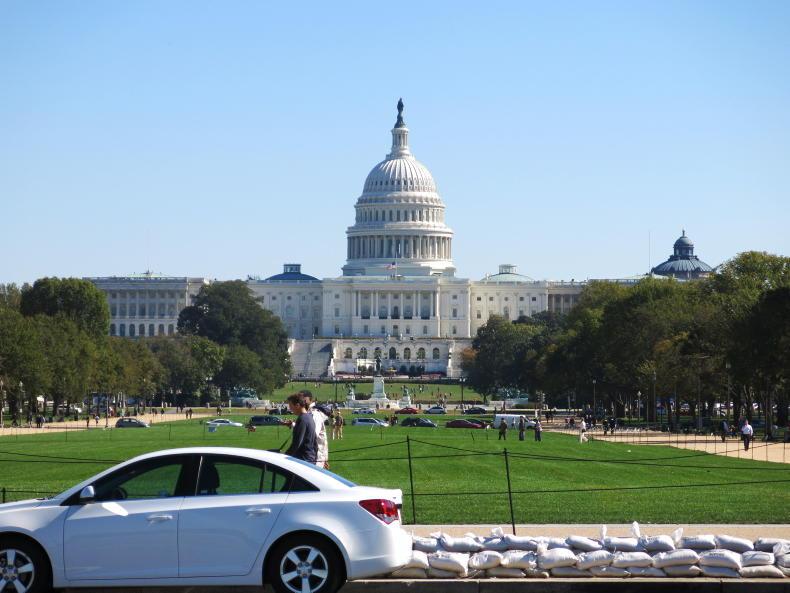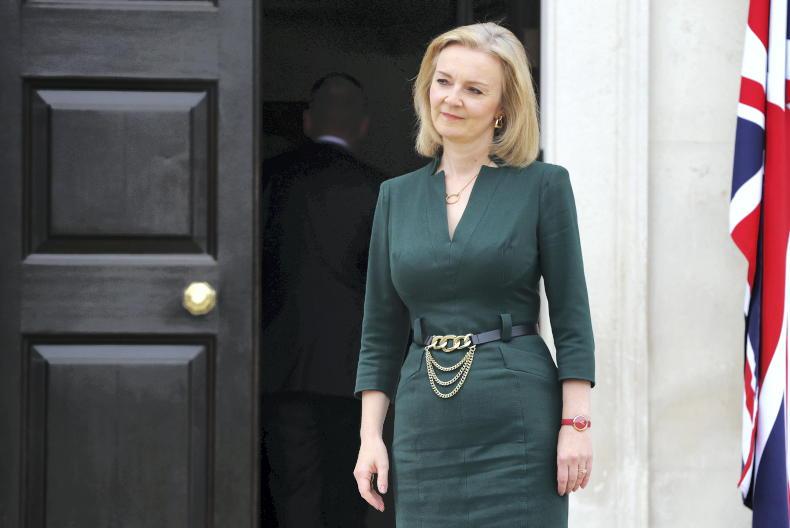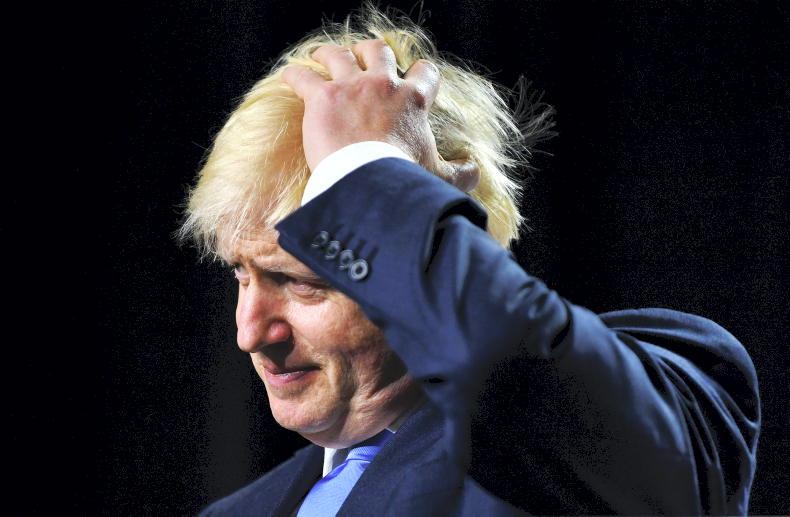Following on from its work on crops, Wageningen University Research (WUR) this week presented its findings to a European Parliament committee on the Green Deal impact on output from livestock farming.
The study is based on a sample of 30 farms.
As with a previous study on the impact of the Green Deal on crop production, a loss of output is forecast and reduction of income of up to 32% on dairy farms.
Familiar theme
This is the latest study and is in line with work done by the United States department of agriculture (USDA) and the EU’s own joint research committee. Output and on farm income will be lost by Europe going it alone with the Green Deal.
The EU pushback on these type of findings correctly points out that they don’t feature the use of the CAP budget to compensate for the changes required in EU farming, as well as not factoring in human behaviour and food choices.
To suggest that the CAP budget be used to discourage farm output as opposed to supporting it is to undermine the complete ethos of the CAP
These are valid points. However, to suggest that the CAP budget be used to discourage farm output as opposed to supporting it is to undermine the complete ethos of the CAP and why it has existed for six decades.
Similarly, in terms of human behaviour and choices, the inference is that EU citizens will choose to consume less animal proteins. This may or may not happen, but if it doesn’t, the reality is that Europe can afford to import what it wants from elsewhere, with the knock-on effect for poorer communities.
In addition, at a global level, demand will continue to increase for the foreseeable future due to the combination of population growth and personal income growth, as in Asia at present and potentially Africa as well.
If EU countries are not in a position to supply, it will be done from somewhere else.
EU out of sync with global policy
By adopting such an absolutist position on reducing emissions at the cost of production, the EU is out of step with all of the other major food producing regions of the world.
North and South American countries, along with Australia and New Zealand, all have policies in place that facilitate their agri food-producing sectors maximising the potential of their farm land with science being looked to for solutions on emissions.
This is not the first time the EU finds itself outside conventional agricultural policy. The decision to ban growth-promoting hormones in beef was introduced in 1988 and ruled against by the WRO in 2005 following an action by the US.
Not only does this policy undermine the competitiveness of EU beef producers, it also actually increases the emissions per kilo of beef produced in the EU compared with beef produced using hormones.
Need for policy consequence to be understood
There is no disputing the worthiness of the ambitions of the Green Deal, nor the need to tackle emissions in a meaningful way.
Agriculture has to be part of this and perhaps the sector has in the past been guilty of focusing more on looking for exemptions than actually delivering.
What is required to achieve the EU ambition in an economically sustainable way is for farmers to deliver in line of what was identified in the Irish Farmers Journal-commissioned KPMG report combined with EU policy reimagined in a way that doesn’t compromise agricultural output.
Read more
EU’s Green Deal may see livestock production fall by 15%
Another impact assessment shows loss from Green Deal
Organic food – where now for the EU?
Following on from its work on crops, Wageningen University Research (WUR) this week presented its findings to a European Parliament committee on the Green Deal impact on output from livestock farming.
The study is based on a sample of 30 farms.
As with a previous study on the impact of the Green Deal on crop production, a loss of output is forecast and reduction of income of up to 32% on dairy farms.
Familiar theme
This is the latest study and is in line with work done by the United States department of agriculture (USDA) and the EU’s own joint research committee. Output and on farm income will be lost by Europe going it alone with the Green Deal.
The EU pushback on these type of findings correctly points out that they don’t feature the use of the CAP budget to compensate for the changes required in EU farming, as well as not factoring in human behaviour and food choices.
To suggest that the CAP budget be used to discourage farm output as opposed to supporting it is to undermine the complete ethos of the CAP
These are valid points. However, to suggest that the CAP budget be used to discourage farm output as opposed to supporting it is to undermine the complete ethos of the CAP and why it has existed for six decades.
Similarly, in terms of human behaviour and choices, the inference is that EU citizens will choose to consume less animal proteins. This may or may not happen, but if it doesn’t, the reality is that Europe can afford to import what it wants from elsewhere, with the knock-on effect for poorer communities.
In addition, at a global level, demand will continue to increase for the foreseeable future due to the combination of population growth and personal income growth, as in Asia at present and potentially Africa as well.
If EU countries are not in a position to supply, it will be done from somewhere else.
EU out of sync with global policy
By adopting such an absolutist position on reducing emissions at the cost of production, the EU is out of step with all of the other major food producing regions of the world.
North and South American countries, along with Australia and New Zealand, all have policies in place that facilitate their agri food-producing sectors maximising the potential of their farm land with science being looked to for solutions on emissions.
This is not the first time the EU finds itself outside conventional agricultural policy. The decision to ban growth-promoting hormones in beef was introduced in 1988 and ruled against by the WRO in 2005 following an action by the US.
Not only does this policy undermine the competitiveness of EU beef producers, it also actually increases the emissions per kilo of beef produced in the EU compared with beef produced using hormones.
Need for policy consequence to be understood
There is no disputing the worthiness of the ambitions of the Green Deal, nor the need to tackle emissions in a meaningful way.
Agriculture has to be part of this and perhaps the sector has in the past been guilty of focusing more on looking for exemptions than actually delivering.
What is required to achieve the EU ambition in an economically sustainable way is for farmers to deliver in line of what was identified in the Irish Farmers Journal-commissioned KPMG report combined with EU policy reimagined in a way that doesn’t compromise agricultural output.
Read more
EU’s Green Deal may see livestock production fall by 15%
Another impact assessment shows loss from Green Deal
Organic food – where now for the EU?








SHARING OPTIONS